A Nutritionist Says You Should Eat These Foods to Get Lara Croft–Level Abs
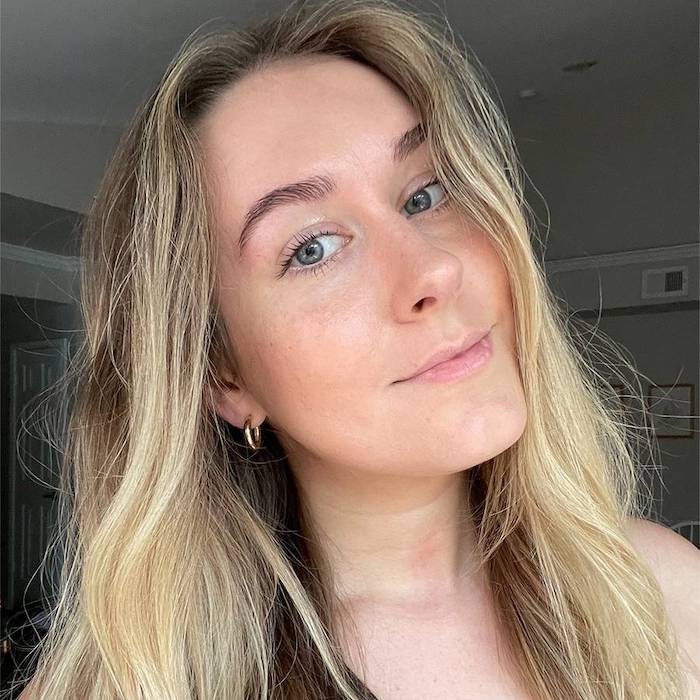
We've heard the saying, "Abs are made in the kitchen, not the gym." This means that no matter how many crunches you do, planks you hold, or weights you lift, it's crazy difficult to tone and define your abs without following a healthy diet. It's one of those pervasive fitness sayings, kind of like Gigi Hadid's famous one: "Eat clean to stay fit; have a burger to stay sane." Does anyone remember that one? Well, according to Amy Shapiro, MS, RD, CDN, founder and director of Real Nutrition NYC, there is definitely truth to the saying (the former one, at least). What many people might not know is that diet actually trumps fitness when it comes to building and maintaining the appearance of abdominal muscles. "You can build up your ab muscles as much as you want, but they will not be revealed unless the fat on top of them is reduced. This comes from cardio exercise and from a clean diet. I would say about an 80/20 split should be the focus: 80% what you eat and 20% what you do."
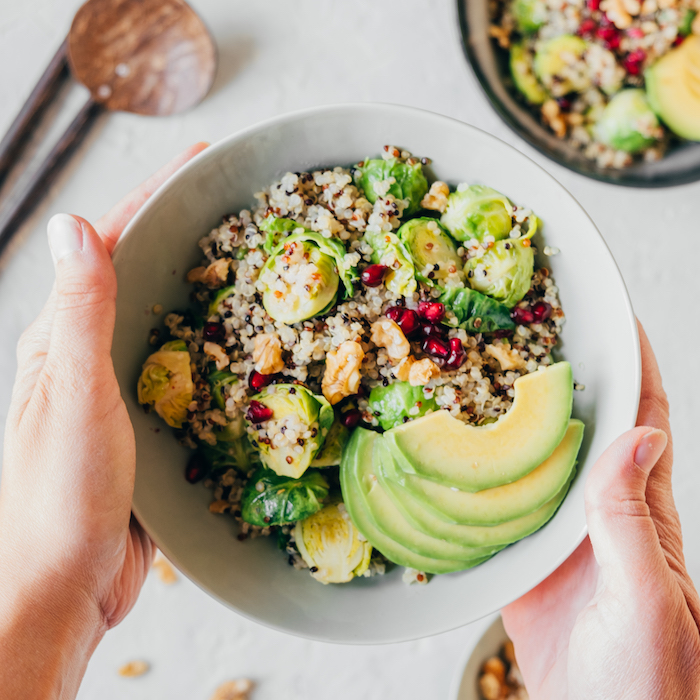
Foods to Eat
Since diet takes up 80% of the abdominal equation, eating the right types of food is paramount to unveiling—and maintaining—those Lara Croft–level abs (you know, the ones Alicia Vikander gained along with 12 pounds of muscle for her role in this year's Tomb Raider reboot). According to Shapiro, assembling an ab-friendly diet isn't as complicated as you might think. In fact, you don't even have to focus on including specific foods in every meal, as long as you include specific nutritional categories like fiber, whole grains, healthy fat, and lean protein. Fiber is "the key to staying full without lots of calories," while also "keeping you regular, which leads to a flatter belly," Shapiro says. Healthy fat, lean protein, and whole grains, on the other hand, keep the body satiated "with even blood sugar to prevent unhealthy sugar cravings."
So load up on vegetables, which are high in fiber, vitamins, and antioxidants while being low in sugar and calories. When it comes to adding healthy fats to your diet, eat foods like nuts, avocado, and olive oil. Add lean protein with foods like grilled chicken, fish, and beans and lentils. Finally, toss in some whole grains (like quinoa and brown rice), and you'll have a well-rounded and ab-friendly diet. Only then will the main results of your workouts (aka the actual abdominal muscle) show through.
Foods to Avoid
Just as important as the foods you eat are the foods you don't eat. "To lose fat, you want to reduce your sugar, processed food, and simple carbohydrate intake and replace them with whole grains, clean proteins, heart-healthy fats, and lots and lots of fruits and veggies," Shapiro says. Keep in mind that reducing excessive sugar doesn't just mean avoiding that box of office doughnuts or communal bowl of M&M's. It also means avoiding too much fruit and dried fruit, which, although natural, are also high in sugar content.
Also, portion control is important. Even though healthy carbs are okay to eat, that doesn't mean you should only eat healthy carbs. You need variety in your diet and nutritional content. "You don't want to sit down to eat a giant whole-wheat bagel or a huge plate of brown rice," says Shapiro. "Portions are important, and remember about a quarter of your plate should contain carbohydrates at every meal."
You may also want to avoid foods that cause bloating, which is another enemy of defined abs. "When trying to lose fat on your belly, you need to know the difference between bloat and fat," Shapiro explains. "There are foods that bloat us such as salt, sugar alcohols (found in sugar-free food items), soda, seltzer water, and even gum." Avoiding these foods and beverages might help when it comes to toning and defining your abs, and feeling consistently well (which, according to Shapiro, is key). "You can't drop weight or fat in a week. So focus on creating a healthy lifestyle, which might mean that once a week you eat what you truly love, and then you get right back on track. Results take a while, but if you stay consistent, you'll get there."
Disclaimer
This article is provided for informational purposes only and is not intended to be used in the place of advice of your physician or other medical professionals. You should always consult with your doctor or healthcare provider first with any health-related questions.

Kaitlyn McLintock is a Beauty Editor at Who What Wear. She has 10 years of experience in the editorial industry, having previously written for other industry-leading publications, like Byrdie, InStyle, The Zoe Report, Bustle, and others. She covers all things beauty and wellness-related, but she has a special passion for creating skincare content (whether that's writing about an innovative in-office treatment, researching the benefits of a certain ingredient, or testing the latest and greatest at-home skin device). Having lived in Los Angeles, California, and Austin, Texas, she has since relocated back to her home state, Michigan. When she's not writing, researching, or testing beauty products, she's working through an ever-growing book collection or swimming in the Great Lakes.
-
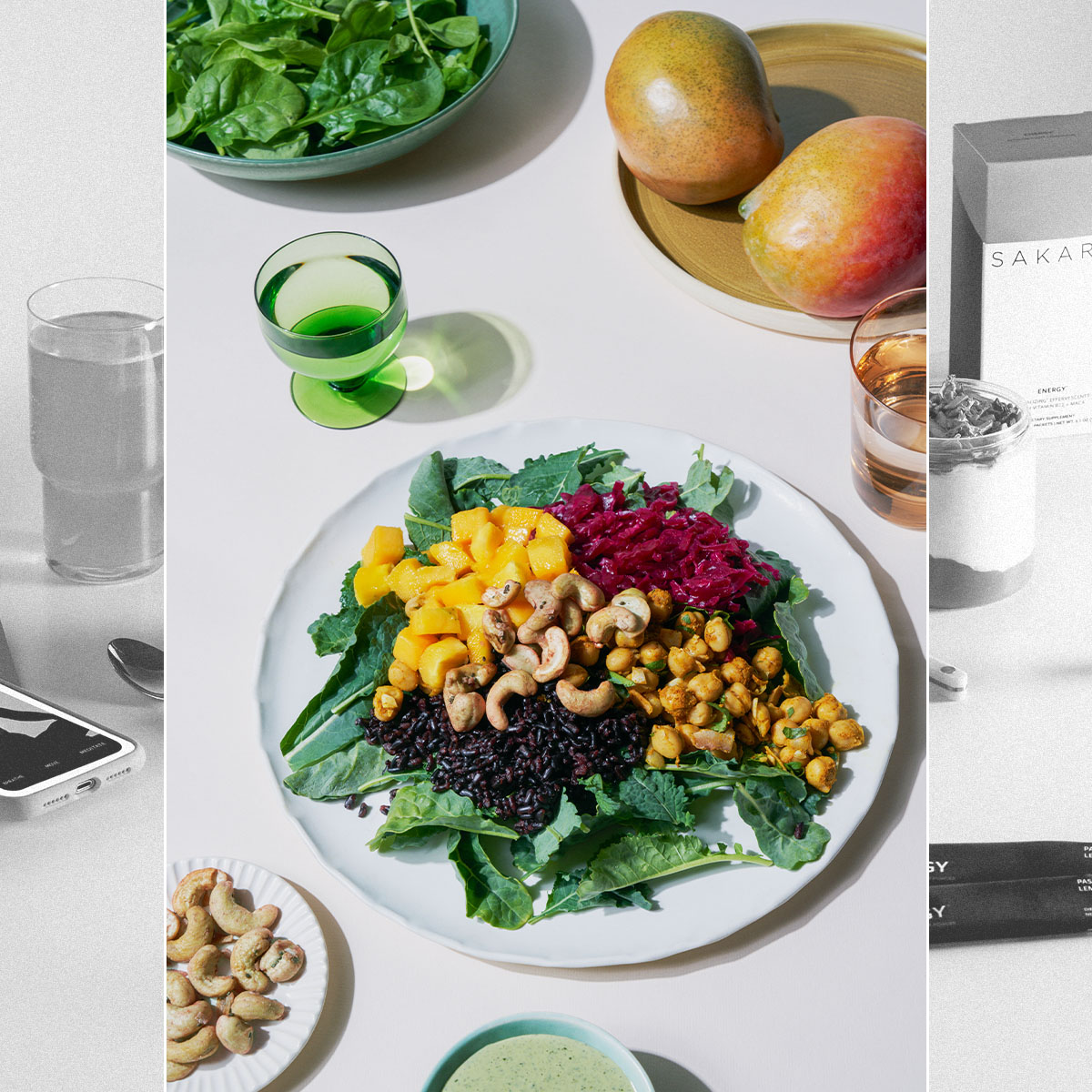 Bella Hadid and Gwyneth Paltrow Apparently Love Sakara Life, so We Tried It for 30 Days
Bella Hadid and Gwyneth Paltrow Apparently Love Sakara Life, so We Tried It for 30 DaysHere are our honest thoughts.
By Erin Jahns
-
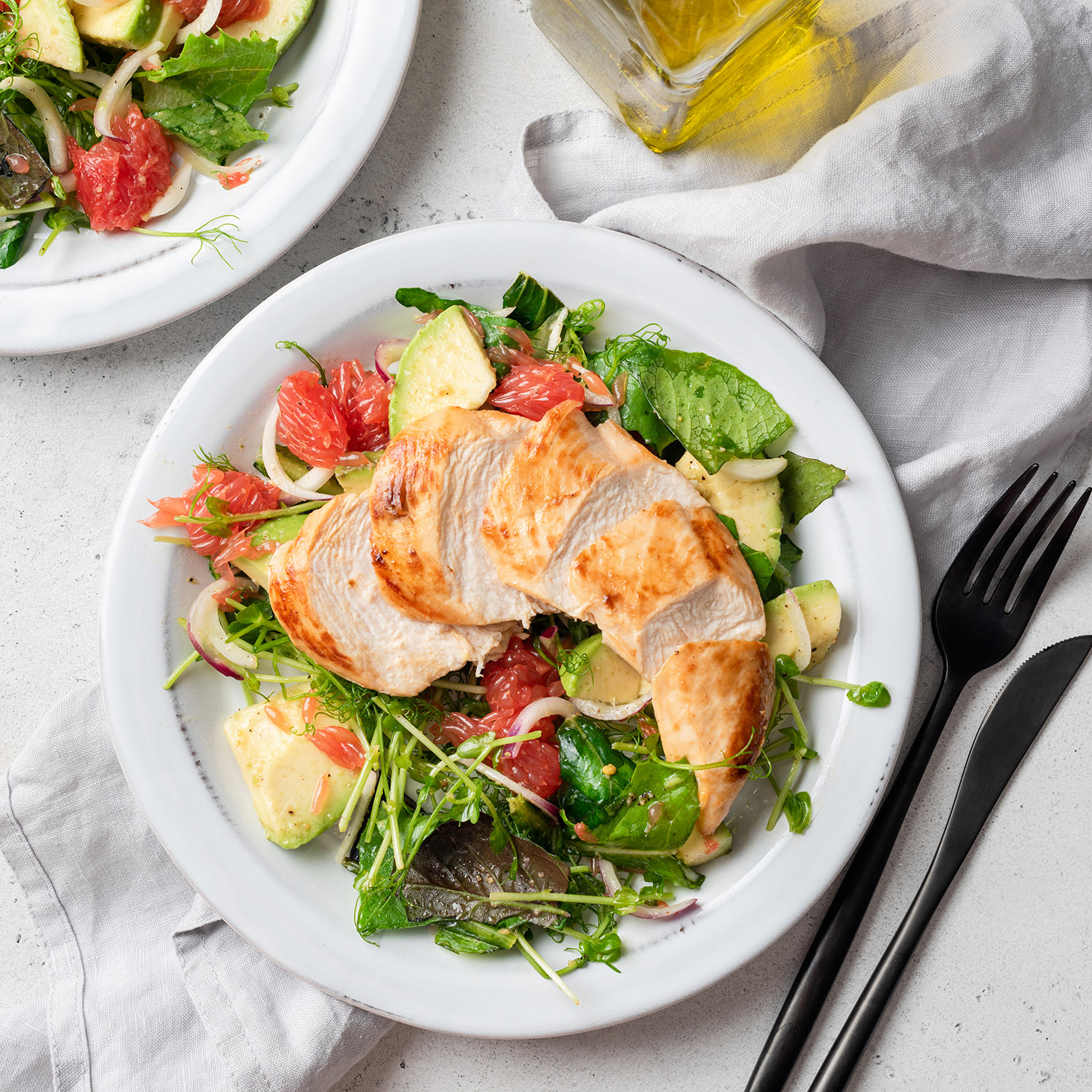 The 6 Warning Signs You're Not Getting Enough Protein
The 6 Warning Signs You're Not Getting Enough ProteinAnd what to eat to up your intake.
By Sarah Yang
-
 Everything This Professional Ballet Dancer Eats to Fuel Her for Performances
Everything This Professional Ballet Dancer Eats to Fuel Her for PerformancesHer grocery staples include high-quality French butter.
By Candice Aman
-
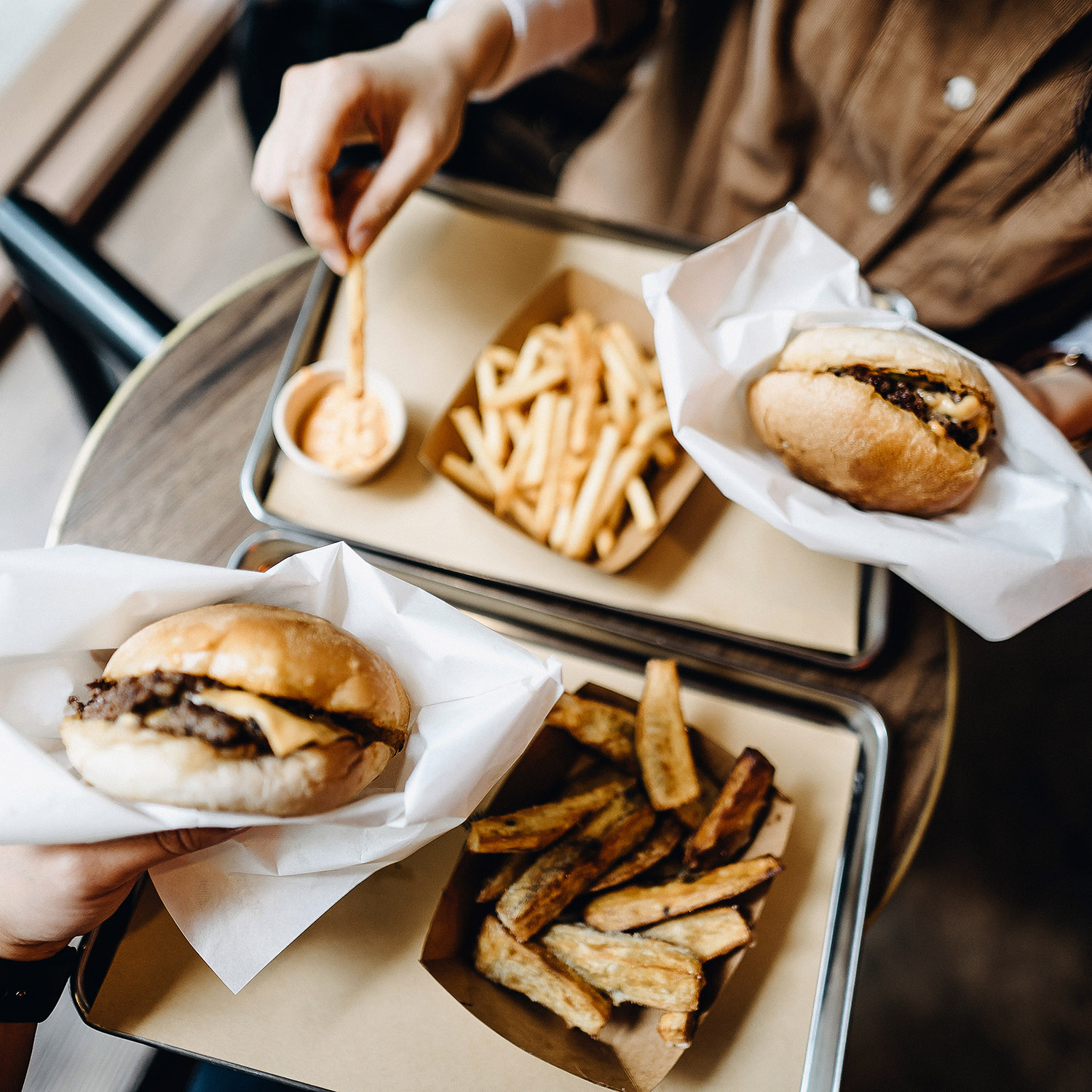 These 8 Foods Are the Worst for Rosacea—Here's What to Eat Instead
These 8 Foods Are the Worst for Rosacea—Here's What to Eat InsteadControl those flare-ups.
By Sarah Yang
-
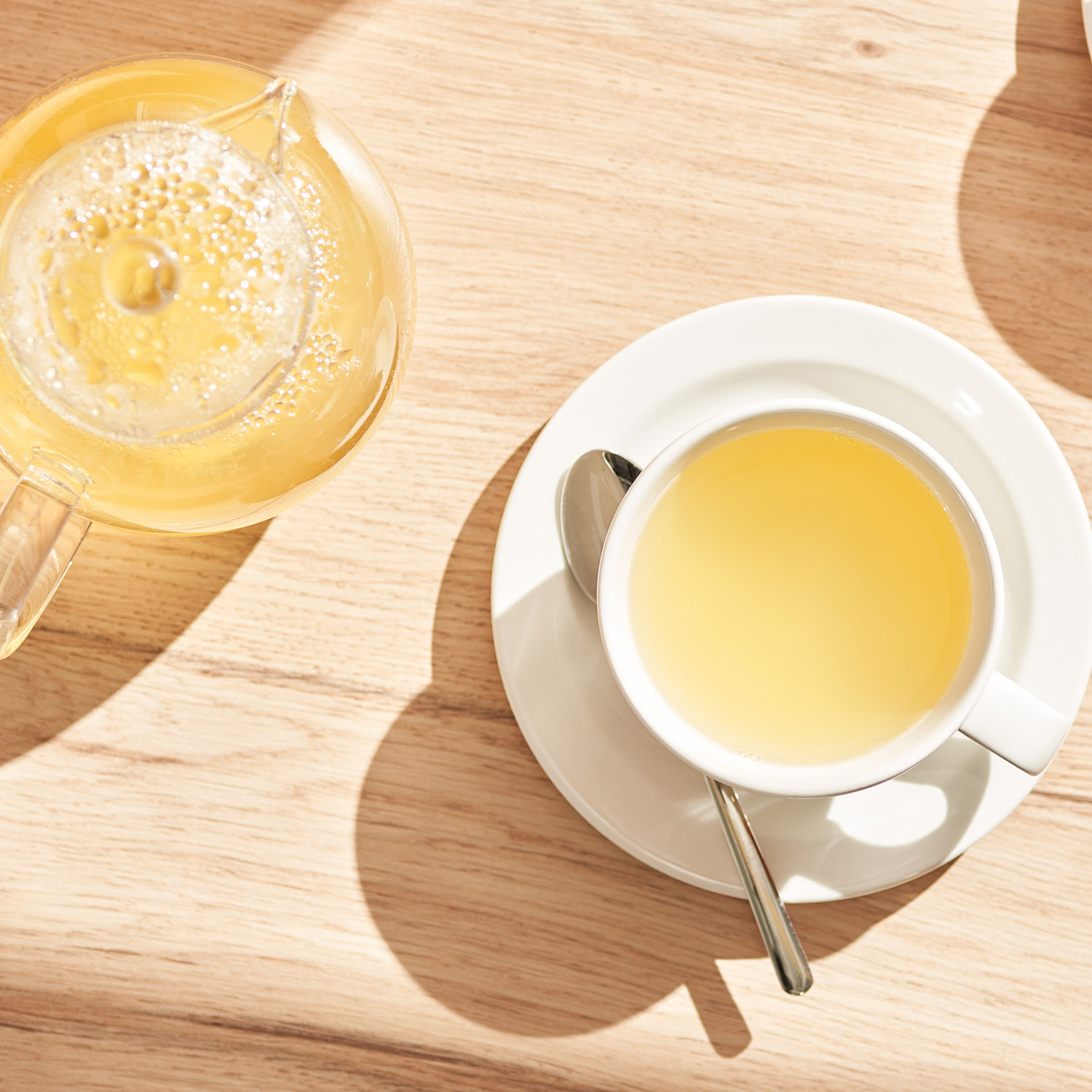 15 Things That Cause Bloating and How to Get Rid of It ASAP
15 Things That Cause Bloating and How to Get Rid of It ASAPTry these.
By Sarah Yang
-
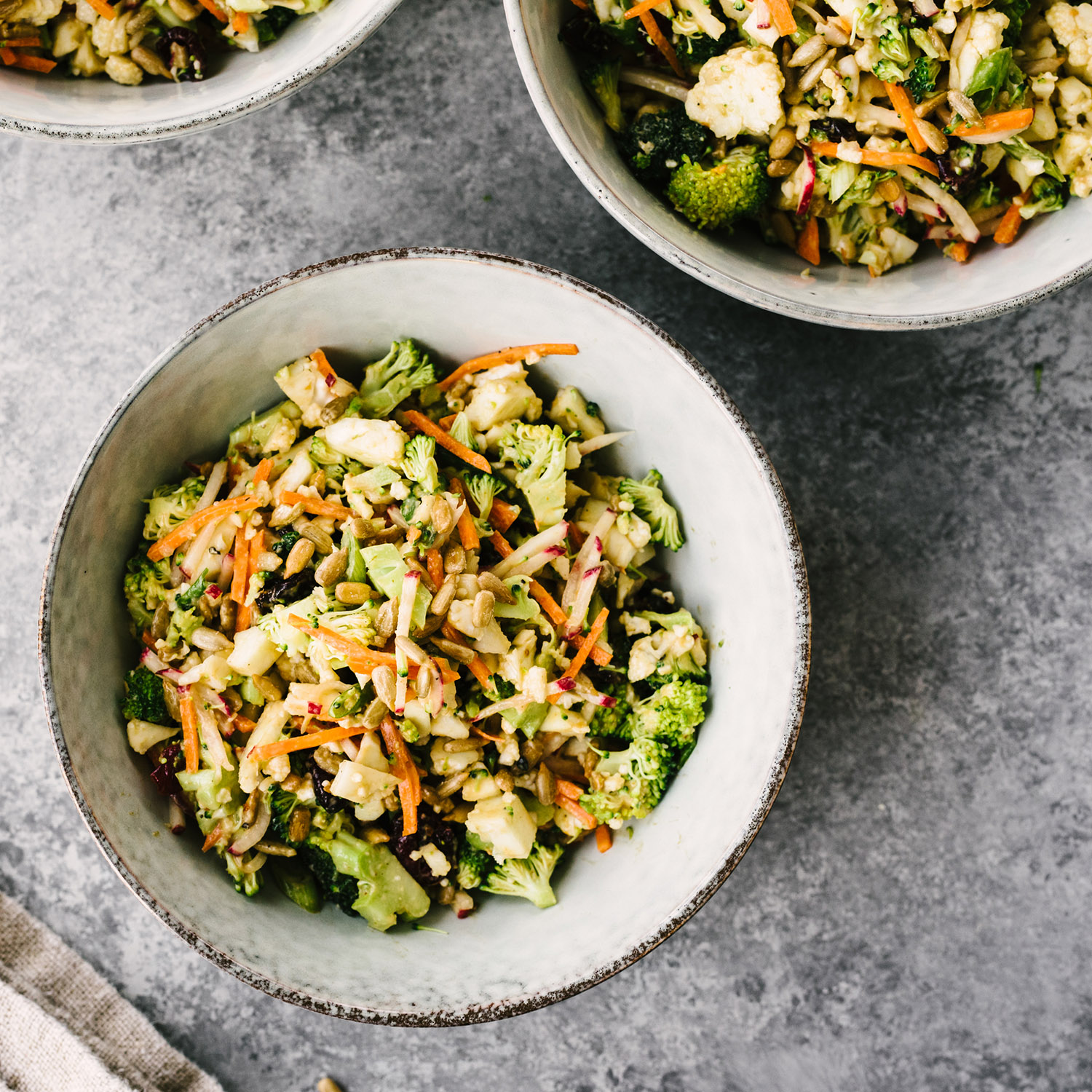 Is the Alkaline Diet Overhyped? What Experts Want You to Know
Is the Alkaline Diet Overhyped? What Experts Want You to KnowHere's how it works.
By Sarah Yang
-
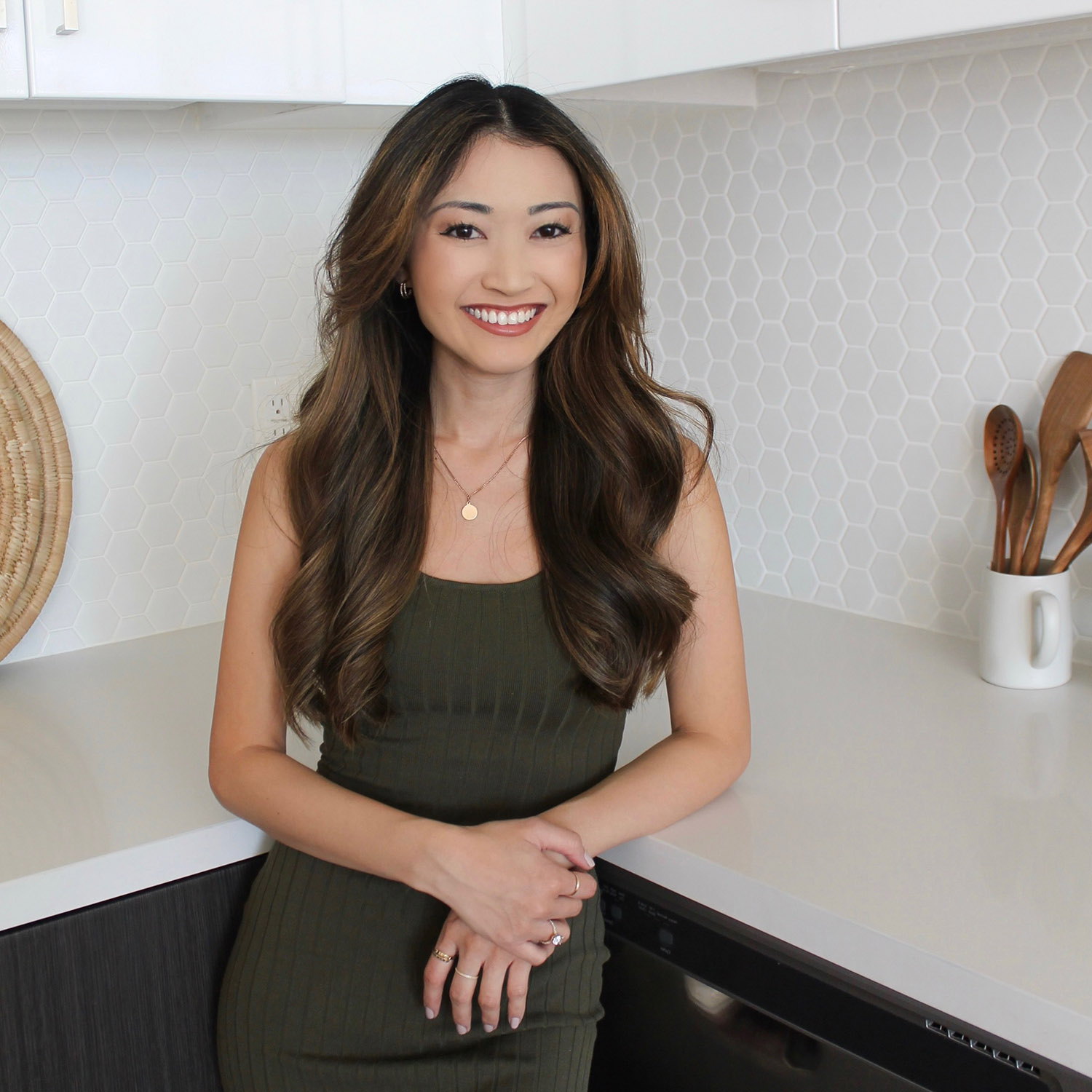 I'm an Imperfect Dietitian and My Key to Eating Healthy Meals Is Convenience
I'm an Imperfect Dietitian and My Key to Eating Healthy Meals Is ConvenienceTake a peek at my weekly grocery staples.
By Candice Aman
-
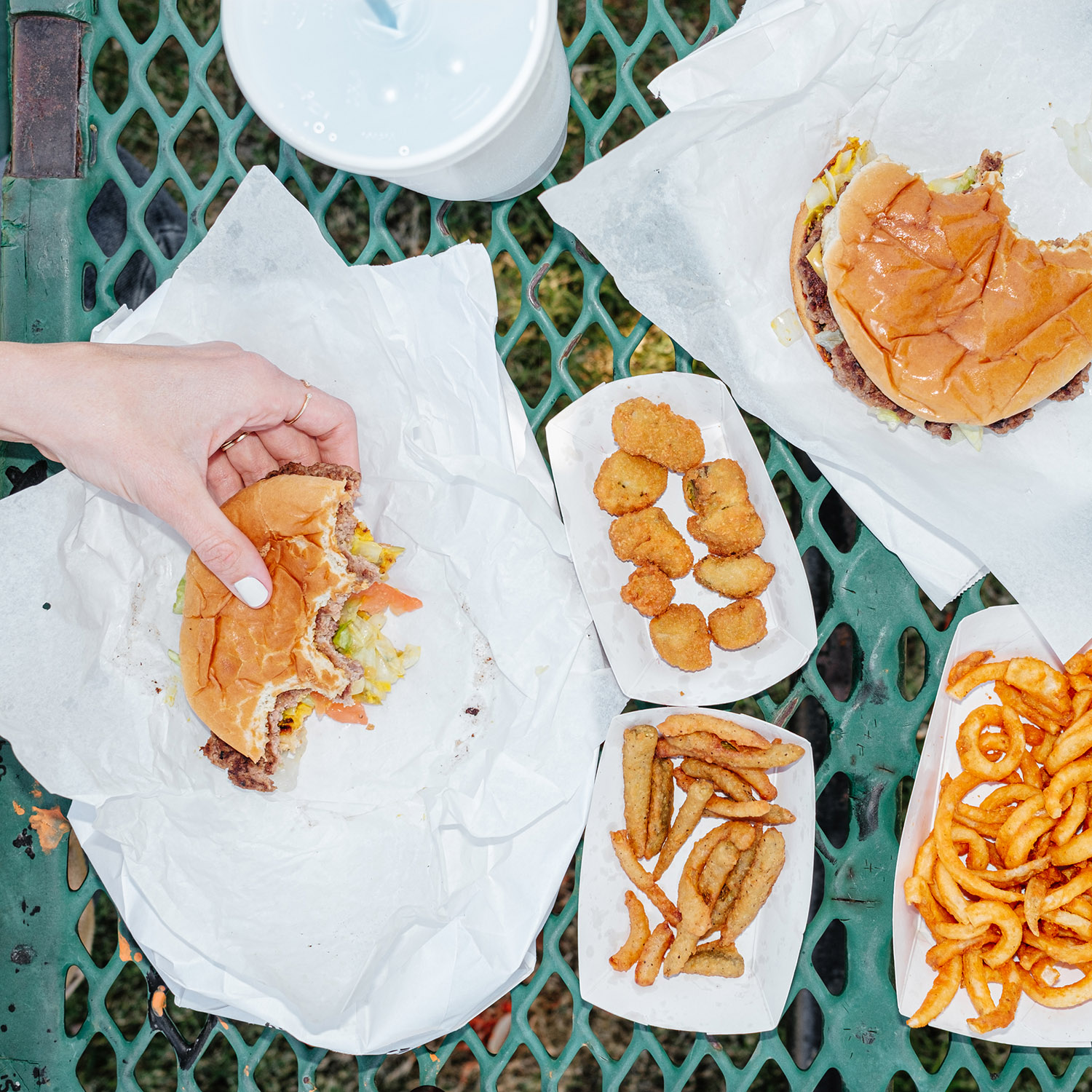 Avoid These 6 Foods—They'll Wreck Your Gut Health
Avoid These 6 Foods—They'll Wreck Your Gut HealthWhat to eat instead.
By Sarah Yang

